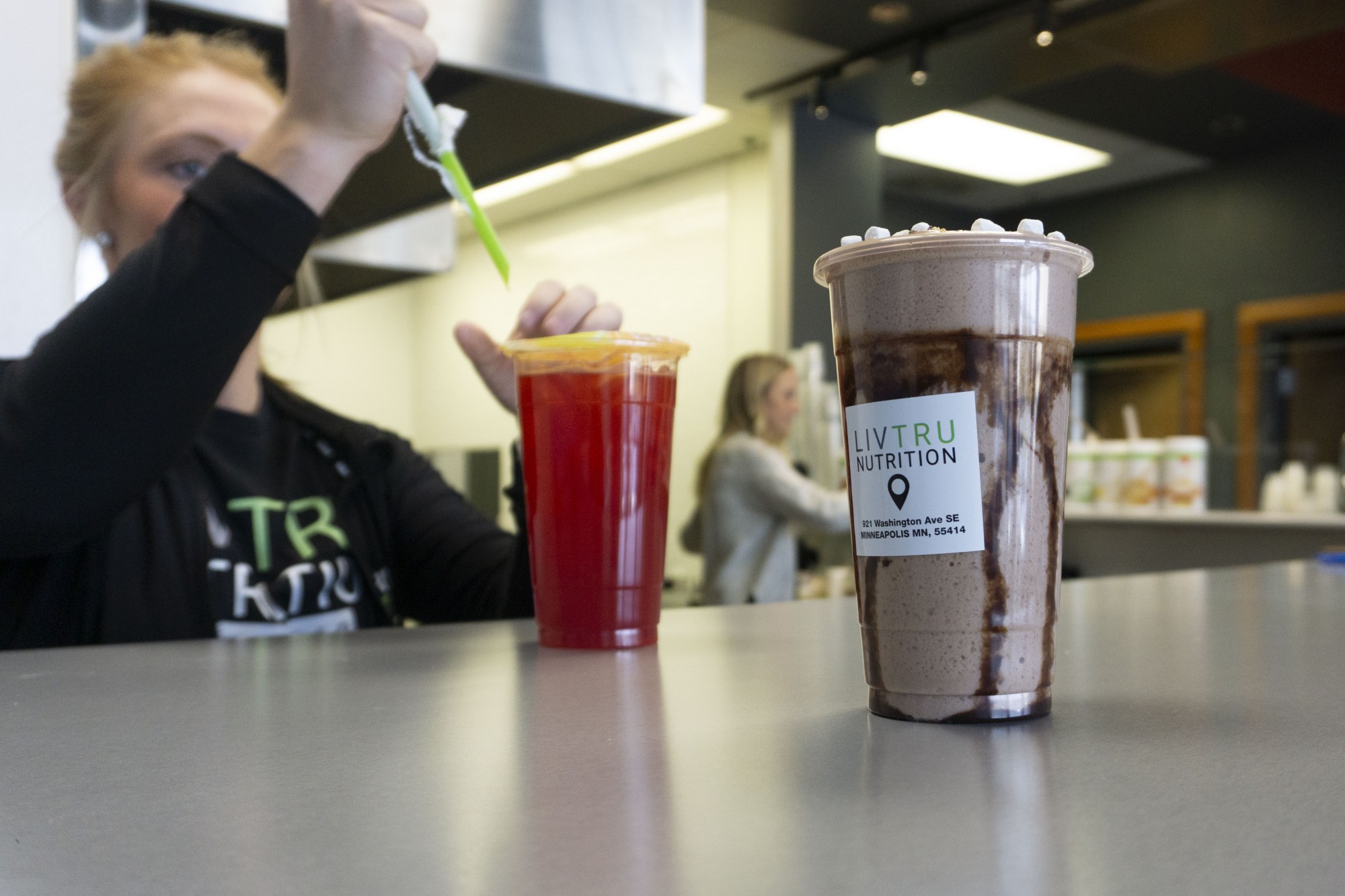Local businesses surrounding the University of Minnesota are adjusting their business models to stay afloat during the COVID-19 pandemic while helping those impacted.
Minnesota’s ‘stay-at-home’ order means restaurants are limited to takeout and delivery services, while some businesses have closed completely. Restaurants and other establishments near campus are relying on support from customers and community members to keep their businesses running and prevent layoffs. Some have also expanded their services to give back to frontline workers and struggling households.
Simpls, in Stadium Village, is well known for their made-from-scratch soups. After ceasing operations last month, Simpls co-founder and President Ryan Rosenthal laid off all employees, including himself and his business partner.
“At that point we thought the best move for our employees and also for the community to try to prevent the spread,” Rosenthal said.
After closing, Rosenthal said they thought of ways to continue operations by helping the community. Simpls was able to re-hire three employees part time at its off-site kitchen and begin an online delivery service for soup three weeks ago.
For every quart of soup purchased, Simpls will donate one to hospitals and healthcare workers.
“… Wholesome and comfort [food] is exactly what healthcare people need right now when they are so stressed out trying to deal with all of the changes and treatment for people in the community,” Rosenthal said.
Simpls delivered its first donation to three separate Twin Cities hospitals last week.
“It comes down to all of these customers buying all the soup that has enabled us to support them,” Rosenthal said.
Afro Deli, which serves a fusion of African, Mediterranean and American dishes, has closed two of its four locations in the Twin Cities. Stadium Village location owner Abdirahman Kahin has been able to keep approximately 70% of his employees on staff by partnering with Meals on Wheels to serve Afro Deli cuisine to elderly and disabled people in Minneapolis.
Kahin said he, along with his employees and volunteers from the Cedar-Riverside community, feed an average of around 500 people per day across seven apartment buildings in Minneapolis.
Afro Deli has also partnered with the Minneapolis Department of Education to provide free meals for school-aged children under the age of 18, Kahim said. For every meal they serve to minors, MDE will reimburse three dollars, he said.
LIV TRU Nutrition is a health smoothie and tea shop located in Stadium Village. Mostly run by owner Olivia Wolbert and one other employee, Wolbert has not had to lay off any employees.
“I’m just thankful to be open to be honest,” Wolbert said. “People need nutrition now more than ever, so the club is still very much the same vibe.”
In response to the COVID-19 pandemic, LIV TRU started its “Share the Love” campaign. Wolbert’s business is accepting donations via Venmo or inside the store to go to providing shakes and teas to frontline workers in healthcare and safety.
“Any donations or tips accepted in the last three weeks and this week are going to those that are working long, crazy hours with little time to eat,” Wolbert said.
Wolbert said she has delivered between 10 to 30 shakes and teas at a given time to frontline workers.
Avocadish, an avocado bar, was supposed to begin operations in Dinkytown starting March but had to postpone its opening due to the pandemic. Avocadish launched its “Create Land of 10k Meals” campaign three weeks ago with the help of four University students.
The campaign has a goal to donate 10,000 meals to affected families across the Twin Cities within the next six months.
“Obviously food banks are under duress right now because of the situation,” said fourth-year Courtney Ricci, one of the four students partnering with Avocadish. “We’re trying to go above and beyond and provide something to go on the table that they get excited about and can bring their family together that’s both nutritious and hot and ready-made.”
Volunteers can sign up for meal preparation and delivery roles on Avocadish’s website. Households in need can also request meals for delivery on the site.
“We couldn’t do this without the volunteers. I mean really that’s the core basis of how we’re doing this,” Ricci said. “I know a couple of our volunteers have lost their jobs, but instead of sitting at home … they have found a way to give back in a meaningful way.”














